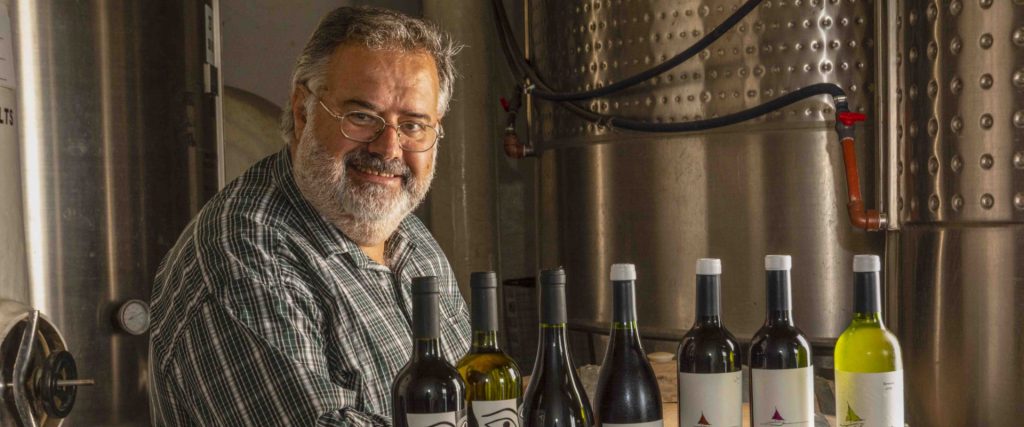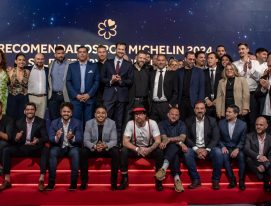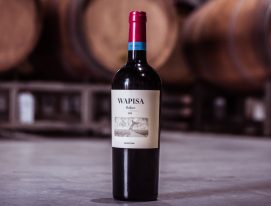Having worked in the wine industry for over three decades, winemaker Marcelo Miras is now a renowned oenologist who has made his mark on the Alto Valle de Río Negro wine region. After doing important work at major wineries such as Humberto Canale and Bodega del Fin del Mundo, Miras chose to change tack, settling with his family in Mainqué at a vineyard that dates back to 1958, where he founded Bodega Miras.
Winemaker Marcelo Miras: the challenge of sustainable irrigation
The purchase of the vineyard in 2017 was a watershed moment for Miras, who immediately set about working on improving irrigation methods in a region that has traditionally used the flood technique. Although water was plentiful and excellent quality thanks to the Río Negro, he was determined to use it more efficiently and so began the difficult transition to irrigation channels. He explains that this didn’t just involve technical changes in the field, but also changing the culture of the people who worked in them.
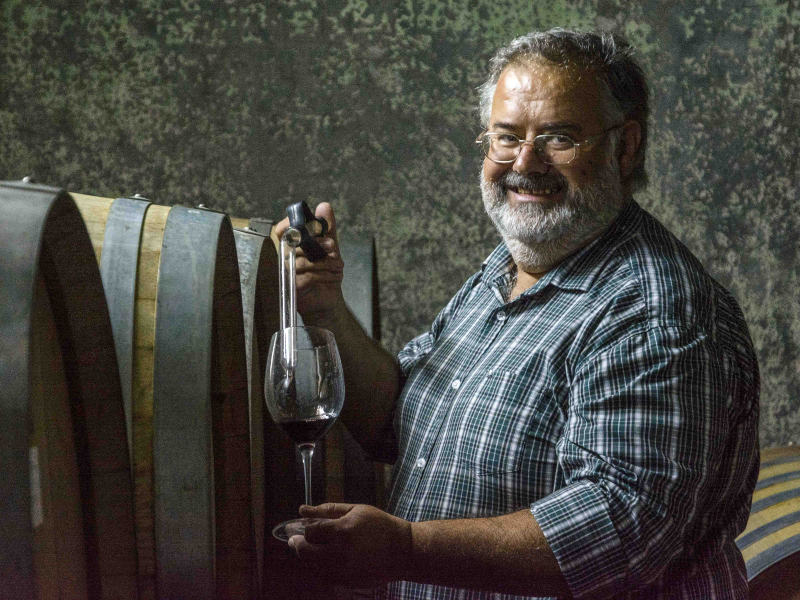
“Even though we had plenty of water, we asked ourselves how we could improve the irrigation system, how to get more efficient and make better use of the water. Because although there’s a lot of it and it ends up in the Atlantic, you see that other provinces are having serious issues with water supply and you never know what might happen in the future.”
The human challenge, he says, is key. Winemaker Marcelo Miras believes that it’s not just about changing the irrigation system and leveling the land, but changing minds. From simply opening sluicegates to intricate irrigation planning, the transformation has required constant effort to educate workers about new, more efficient and environmentally friendly methods.
Waste: a collective change
Winemaker Marcelo Miras is looking to implement a collective change that will not just benefit his generation but also future ones, preserving water quality and the environment.
That is why, in addition to transforming the irrigation at his new winery, the enterprise is a shining example of how to set up a new business along environmentally responsible principles. From separating their waste to implementing recycling and composting solutions, Miras and his family – who also live on the estate, making the process about more than just a change in business model – have implemented a change of paradigm in terms of waste management, seeking to spread awareness and connect with the local community.
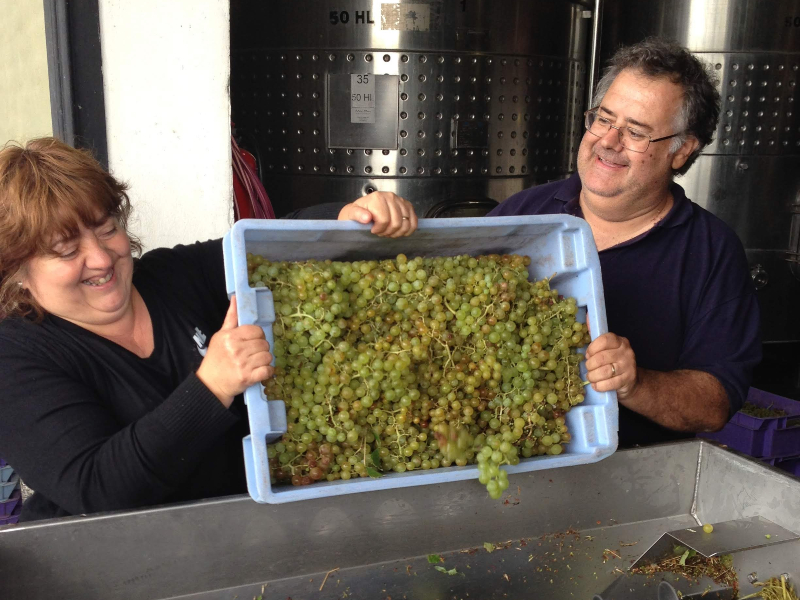
“My wife and eldest daughter live with me at the vineyard. So we thought, what’s the easiest thing to do? Gather waste, put it in bags and take it to the municipal dump. Sometimes you do things automatically, without thinking about it or really being aware of what you’re doing. But this was a new winery, so we thought why not start working differently and separate our waste, at home and the little waste generated at the winery? Because the winery is productive, so there’ll always be some by-products.”
Winemaker Marcelo Miras says that he’s also ventured outside his own industry, and spoken to the town mayor – the local town has a population of around 6000 – to consider strategies to re-use products such as glass packaging, for example.
In the vineyard, Miras has also demonstrated a profound commitment to caring for his grapes, and most of all, the end product: employing organic methods and avoiding added sulfites, thus prioritizing natural, environmentally friendly methods. “At the vineyard we bought, we built a small winery, a genuine garage winery because was set up in an actual garage previously used to store tractors. We have a capacity of 30,000 liters. Both the estate and the winery are organically certified by Letis. We were also recently inspected by Wofa and Bodegas de Argentina. Whatever happens with our grapes and wine, we’re definitely going to do right by the environment.”

